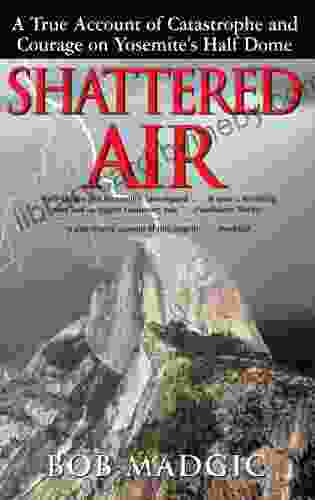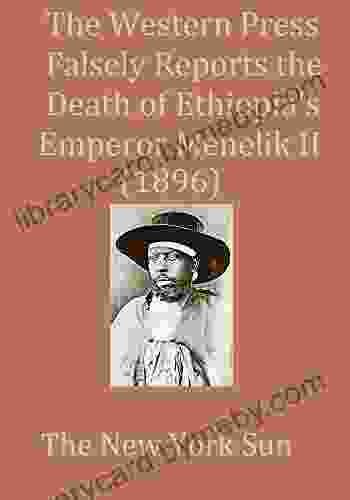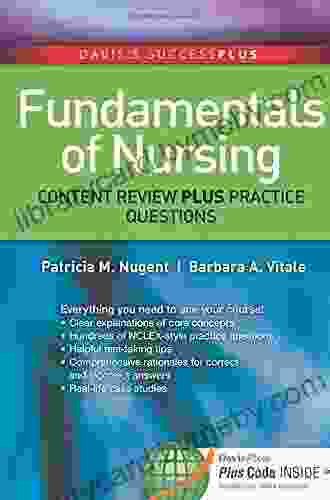The Western Press Falsely Reports The Death Of Emperor Menelik Ii 1896

In the twilight of the 19th century, as European powers scrambled to carve up Africa, a sensational rumor reverberated through the Western press: Emperor Menelik II of Ethiopia, a formidable warrior and astute diplomat, was dead.
The news ignited a flurry of commentary and speculation. Obituaries were hastily written, and newspapers proclaimed the end of an era. Yet, unbeknownst to the eager scribblers in Europe, Menelik was very much alive and well in his palace in Addis Ababa.
4.1 out of 5
| Language | : | English |
| File size | : | 141 KB |
| Text-to-Speech | : | Enabled |
| Screen Reader | : | Supported |
| Enhanced typesetting | : | Enabled |
| Word Wise | : | Enabled |
| Print length | : | 6 pages |
Origins of the False Report
The genesis of the false report can be traced to an article published in the London Times on May 11, 1896. The article, citing unnamed sources, claimed that Menelik had been killed in a battle against the Italian forces in the First Italo-Ethiopian War.
The report quickly spread like wildfire through the European press, fueled by a combination of sensationalism and a desire to downplay Ethiopia's resistance to colonial ambitions. Some journalists saw the alleged death of Menelik as an opportunity to undermine Ethiopian morale and pave the way for European conquest.
Motivations of the Western Press
The motivations of the Western press in falsely reporting Menelik's death were multifaceted and intertwined.
- Sensationalism: The prospect of a reigning monarch dying in a distant land made for a gripping story. Newspapers competed to be the first to break the news, often sacrificing accuracy in the pursuit of scoops.
- Colonial Propaganda: Reporting Menelik's death served the interests of European powers seeking to assert their dominance in Ethiopia. By portraying the Ethiopian resistance as weakened and leaderless, the Western press sought to justify colonial intervention.
- Lack of Information: Access to reliable information from Ethiopia was limited, especially for Western journalists. This scarcity allowed rumors and misinformation to flourish unchecked.
Debunking the Rumors
As the false report spread, doubts arose among some observers. Menelik's absence from public view was attributed to his strategic retreat, not his demise. Moreover, reports from within Ethiopia painted a different picture from the Western press's sensationalized accounts.
In June 1896, a British diplomat, Sir John Harrington, met with Menelik in person, confirming that the emperor was alive and in good health. Harrington's firsthand account discredited the rumors and exposed the Western press's false reporting.
Consequences of the False Report
The false report of Menelik's death had significant consequences, both for Ethiopia and for the perception of African resistance in the West.
- Undermining Ethiopian Resistance: The report briefly demoralized Ethiopian troops and emboldened the Italian invaders. However, Menelik's return and subsequent victory at the Battle of Adwa shattered the illusion of Ethiopian weakness.
- Damage to Western Credibility: The false reporting exposed the biases and unreliability of the Western press. It sowed mistrust and undermined Western claims of objectivity in reporting on Africa.
- Highlighting the Power of Propaganda: The episode demonstrated the potent role of propaganda in shaping public opinion and justifying colonial ambitions. It underlined the need for critical analysis of media narratives, especially those concerning marginalized communities.
Historical Significance
The false reporting of Emperor Menelik II's death stands as a stark reminder of the complexities of historical narratives and the challenges of accurate reporting in times of conflict.
It sheds light on the interplay between sensationalism, colonial propaganda, and the limited access to information in the late 19th century. It also highlights the resilience and determination of African leaders in the face of adversity and the enduring power of truth over fabrication.
The Western press's false report of Emperor Menelik II's death is a cautionary tale about the dangerous consequences of misinformation and the importance of verifying sources.
It serves as a testament to the strength and resilience of the Ethiopian people and their resistance to colonial ambitions. It also underscores the need for responsible journalism, critical thinking, and a nuanced understanding of the historical record.
As we navigate an increasingly interconnected and information-rich world, it is more important than ever to remember the lessons of the past and to strive for accuracy, integrity, and accountability in our reporting and consumption of information.
4.1 out of 5
| Language | : | English |
| File size | : | 141 KB |
| Text-to-Speech | : | Enabled |
| Screen Reader | : | Supported |
| Enhanced typesetting | : | Enabled |
| Word Wise | : | Enabled |
| Print length | : | 6 pages |
Do you want to contribute by writing guest posts on this blog?
Please contact us and send us a resume of previous articles that you have written.
 Book
Book Novel
Novel Page
Page Chapter
Chapter Text
Text Story
Story Genre
Genre Reader
Reader Library
Library Paperback
Paperback E-book
E-book Magazine
Magazine Newspaper
Newspaper Paragraph
Paragraph Sentence
Sentence Bookmark
Bookmark Shelf
Shelf Glossary
Glossary Bibliography
Bibliography Foreword
Foreword Preface
Preface Synopsis
Synopsis Annotation
Annotation Footnote
Footnote Manuscript
Manuscript Scroll
Scroll Codex
Codex Tome
Tome Bestseller
Bestseller Classics
Classics Library card
Library card Narrative
Narrative Biography
Biography Autobiography
Autobiography Memoir
Memoir Reference
Reference Encyclopedia
Encyclopedia Bernie Landels
Bernie Landels Blaine Bartlett
Blaine Bartlett William Ian Miller
William Ian Miller Benedict Go
Benedict Go Beth Hoffman
Beth Hoffman Morgan Murphy
Morgan Murphy Rebecca Fett
Rebecca Fett Bob Jacobson
Bob Jacobson Erin Paterson
Erin Paterson Paula Polk Lillard
Paula Polk Lillard Billy Kenber
Billy Kenber Kikuko Otake
Kikuko Otake Jody Houton
Jody Houton Kennedy Achille
Kennedy Achille Rashers Tierney
Rashers Tierney Bob Goddard
Bob Goddard Bernard Marr
Bernard Marr Eric Barker
Eric Barker Bich Minh Nguyen
Bich Minh Nguyen Lally Brown
Lally Brown
Light bulbAdvertise smarter! Our strategic ad space ensures maximum exposure. Reserve your spot today!
 Victor TurnerFollow ·10.7k
Victor TurnerFollow ·10.7k Anthony BurgessFollow ·14.8k
Anthony BurgessFollow ·14.8k Jason HayesFollow ·3.5k
Jason HayesFollow ·3.5k Gerald BellFollow ·2.1k
Gerald BellFollow ·2.1k Chris ColemanFollow ·12.3k
Chris ColemanFollow ·12.3k Jon ReedFollow ·5.1k
Jon ReedFollow ·5.1k Ignacio HayesFollow ·16.2k
Ignacio HayesFollow ·16.2k Clarence BrooksFollow ·8k
Clarence BrooksFollow ·8k

 Ivan Cox
Ivan CoxSpeak With Ease: The Ultimate Guide to Public Speaking...
By Rupika Raj ...

 Jesus Mitchell
Jesus MitchellVulcan Forge: A Suspense Thriller that Will Keep You on...
Vulcan Forge is...

 Dashawn Hayes
Dashawn HayesThe Carteret Family Bob Martin: A Comprehensive Review
Bob Martin's...

 Owen Simmons
Owen SimmonsUnlock the World of Cultural Nuances with "The Global...
Embark on a Journey of...

 Ian McEwan
Ian McEwanConquer the Mountain: True Account of Catastrophe and...
In the heart of California's stunning...
4.1 out of 5
| Language | : | English |
| File size | : | 141 KB |
| Text-to-Speech | : | Enabled |
| Screen Reader | : | Supported |
| Enhanced typesetting | : | Enabled |
| Word Wise | : | Enabled |
| Print length | : | 6 pages |














